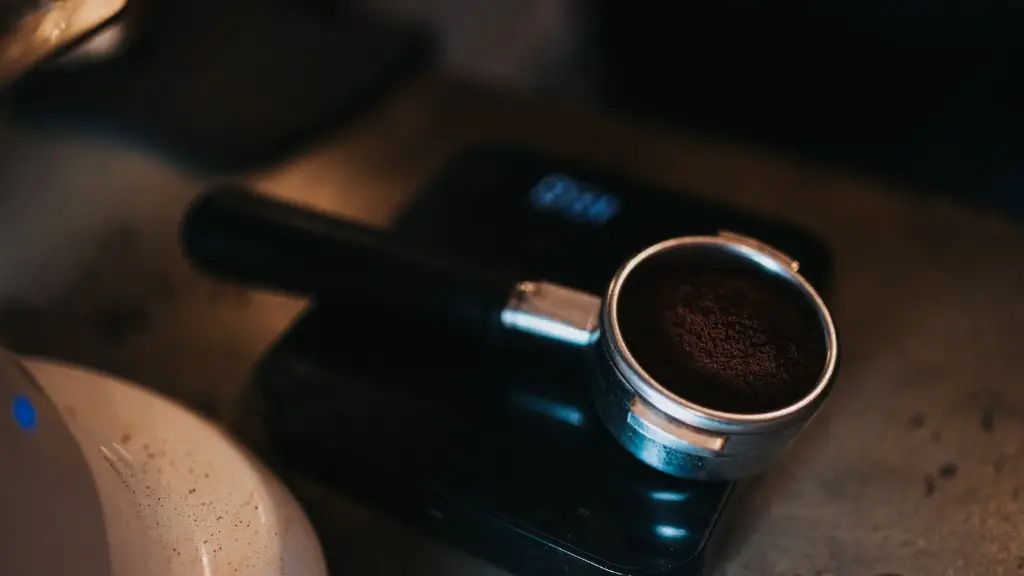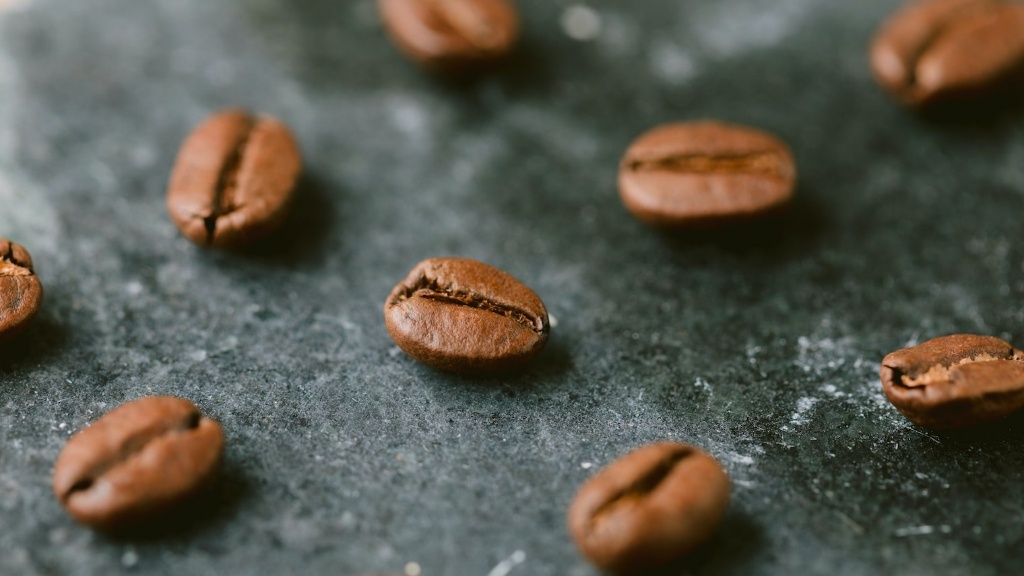Most people think they can skip breakfast and just have a cup of coffee instead. But on an empty stomach, this is not a great idea. Coffee contains stimulants, high levels of caffeine, that can be bad for your health when ingested without food. When having a cup of joe without breakfast, these stimulants can do more harm than good. Even if the jitters and headaches don’t bother you, these stimulants and caffeine can cause digestive issues, such as acid reflux, in the long run.
According to a study conducted by the US National Library of Medicine, drinking coffee on an empty stomach can affect the liver and muscle performance, because of its high acid content. Caffeine is a diuretic, it has a laxative effect, which means it will interfere with the associated absorption process of dietary vitamins and minerals. It happens because when on an empty stomach the intestinal absorbtion is inhibited, due to the high acidity of the coffee, which makes day to day activities and maintenance of the body’s vital properties much harder.
In addition, it is always important to consider what kind of coffee you are drinking. Most shop bought coffees are pre-mixed with a high amount of sugar, which can be dangerous with no food to slow down your blood sugar spike. The American Heart Association recommends an upper limit of 25g of added sugars per day.
Drinking coffee on an empty stomach once in a while won’t do much harm, but it is important to make sure you don’t forget to have breakfast on regular basis. Having some food in your system protects your digestive system from the stimulants and prevents your blood sugar from spiking.
A good solution is pairing your coffee with a healthier option, such as Greek yoghurt with a handful of berries, or some nuts and yogurt. These options provide carbs and proteins to help slow down the absorption of the sugars and fats in the coffee, therefore assuring that your morning dose of caffeine won’t do much harm.
Eating a balanced breakfast or having something with your coffee is a much better option than consuming that cup on an empty stomach, even if it seems like the only way to get going in the morning.
Coffee and Energy Levels
Drinking coffee on an empty stomach can provide an energy boost and make you more alert. In the short-term, this is not really a problem. However, you will probably find that the effects don’t last long, leading to a decrease in energy levels. This ups and downs of energy levels on an empty stomach can also lead to increased hunger, as the body is no longer able to process sugar and caffeine efficiently.
One issue that can come over time with the energy spikes while drinking coffee on an empty stomach is cardiac arrhythmia. A study by the American Heart Association found that the spikes in energy that come with having coffee on an empty stomach can lead to abnormal heart rhythms over time. Although this isn’t an immediate effect, it is still something to consider before drinking coffee on an empty stomach.
Drinking coffee on an empty stomach too often can also lead to decreased energy levels over time. This is because the caffeine will begin to affect the body in different ways, resulting in decreased energy. Therefore, if you find yourself drinking a few cups of coffee every day on an empty stomach, it can lead to feeling more tired than usual.
The long-term effects that coffee on an empty stomach has on the body can come with a host of problems if done regularly, but by pairing coffee with food and listening to your body, you’ll be able to get the most out of your morning cup of joe.
Coffee and Cravings
Drinking coffee on an empty stomach can trigger cravings for unhealthy foods. This is because the caffeine will send signals to the brain telling it to crave certain types of food, such as sugary and fatty foods. A diet high in these types of foods can lead to weight gain over time, as well as other health problems, whereas a balanced diet is much more beneficial to overall health.
Additionally, having coffee on an empty stomach can reduce the effectiveness of carbohydrates. This means that the body is less able to process and absorb the nutrients in complex carbohydrates, leading to an increase in cravings. This can manifest in unhealthy snacking as the body is unable to satisfy its needs for energy. So, if you are a fan of complex carbohydrates, like whole-grain bread and oats, having them with your morning coffee will make sure you enjoy the benefits the most.
It is also important to note that the effects of having coffee on an empty stomach can also affect your mood. Studies have found that the stimulants in coffee can trigger feelings of anxiety, as well as feelings of depression. Therefore, if you find yourself feeling down or anxious after having coffee on an empty stomach, consider having something else, or pairing your coffee with a healthy breakfast or snack.
Overall, the best way to avoid the pitfalls of having coffee on an empty stomach is to have it alongside food. Although this may take more preparation time in the morning, it can be beneficial in the long run, as it will ensure that you get the most out of your coffee.
Coffee and Digestive Health
Drinking coffee on an empty stomach can also have an effect on your digestive system. Coffee is acidic, and having it on an empty stomach can irritate the stomach, leading to indigestion, heartburn, and other stomach issues. Additionally, the caffeine can speed up the digestive process, leading to constipation and other digestive problems.
A study by the National Institutes of Health found that coffee can increase gallbladder contraction and activate gastric acid secretion. This can lead to chronic symptoms, such as nausea, a burning sensation in the stomach, and heartburn. Therefore, if you find yourself having these symptoms, it might be worth considering limiting the amount of coffee you have on an empty stomach.
It is also important to note that coffee can also interfere with certain medications. For example, certain antibiotics and antifungal agents can be affected by the caffeine in coffee. So, if you have to take any sort of medication with your coffee, it’s a good idea to wait until you have some food in your stomach before drinking it. This way, you can avoid any interference with your medication.
Ultimately, it’s best to avoid drinking coffee on an empty stomach wherever possible. Although this may not be feasible every day, it is a good idea to have a meal with your coffee whenever possible. Doing so will help keep your digestive system healthy, as well as help you get the most out of your cup of joe.
Coffee and Sleep
Coffee can have an effect on sleep, both in the short and the long-term. Drinking coffee on an empty stomach can lead to increased alertness and restlessness, as the caffeine will have a direct effect on the brain. This can make it difficult to fall asleep, leading to sleep problems.
Having coffee on an empty stomach can also affect the quality of your sleep. In a study conducted by the US National Library of Medicine, researchers found that having coffee on an empty stomach could lead to decreased REM sleep phase. This phase is essential for memory and learning, so if decreased, it can lead to problems in these areas.
Coffee can also lead to increased stress and anxiousness, both of which can play a role in disrupted sleep. When combined with not having breakfast, this can lead to even more restlessness and difficulty sleeping. Therefore, if you find that you are not getting enough sleep, it might be worth considering if your coffee habits are having an effect.
In addition, it is important to note that caffeine has a half-life of 6-8 hours. This means that drinking coffee in the late afternoon or evening could have an effect on sleep hours later. So, it is best to have your coffee early in the morning, to make sure it is out of your system by the time you go to bed.
Overall, it is best to avoid coffee on an empty stomach, especially when it comes to sleep. There are plenty of other options that can help improve sleep, such as limiting caffeine in the late afternoon or evening, drinking herbal tea before bed, or taking power naps during the day.
Conclusion
Drinking coffee on an empty stomach can have an effect on your overall health, in both the short and the long-term. It can lead to digestive issues, decrease in energy levels, and interfere with medications. Additionally, it can lead to cravings for unhealthy foods, decreased sleep quality, and increased stress and anxiousness.
Therefore, it is best to avoid coffee on an empty stomach where possible. Instead, have a light snack or breakfast with your coffee, as this will help to balance out the stimulants and caffeine. Doing so will ensure that you get the most out of your morning cup of joe, as well as protect your overall health.





